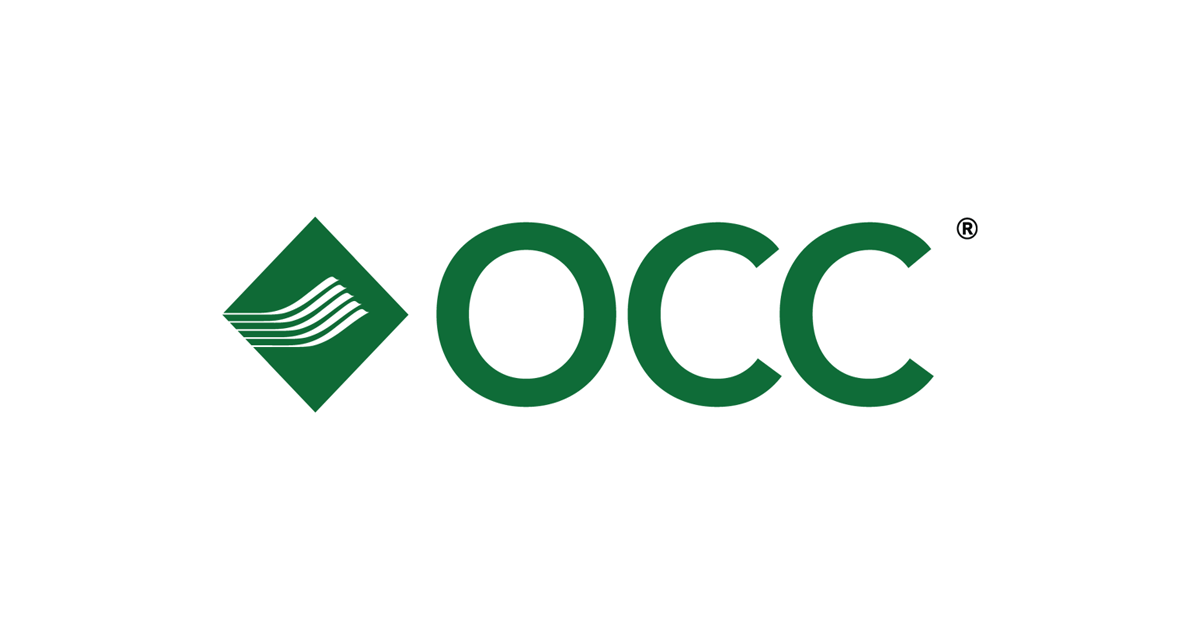Rochester, Michigan, offers students a lively educational landscape with multiple higher learning institutions serving the area. Whether you’re a prospective student exploring your options or a current resident interested in pursuing further education, Rochester provides diverse academic pathways through its collection of private universities, public institutions, and community colleges. This guide will walk you through everything you need to know about the college experience in this charming Michigan city, from educational options to student living considerations.
The Rochester area is served by approximately 13 colleges and universities, including 10 private institutions, 1 public university, and 2 community colleges. Recent trends show some shifting patterns in degree completions, with a 9% decrease in doctoral completions over the past five years. Despite this change, the area continues to offer robust educational opportunities at all degree levels, with institutions providing specialized programs catering to traditional students, adult learners, and those seeking online education options.

- Colleges in Rochester, MI, connect students with promising career opportunities. Source: rrc-mi.com
Rochester’s educational landscape features a mix of established institutions with rich histories and specialized colleges focusing on specific disciplines. Oakland University stands as the area’s primary public institution, offering over 130 bachelor’s degree programs and 128 graduate programs across diverse fields. Private colleges like Rochester University (formerly Rochester College) provide faith-based education with a focus on liberal arts and professional studies. Meanwhile, Walsh College specializes in business education, blending theory with real-world applications through faculty who are also business professionals.
Each institution brings something unique to the table – be it Oakland University’s research focus, Rochester University’s Christian foundation, Franklin University’s dedication to adult learners and online education, or Walsh College’s business specialization. The University of Detroit Mercy offers comprehensive programming with particular strengths in healthcare and engineering, while specialized institutions like Cranbrook Academy of Art and Michigan School of Psychology provide focused education in their respective fields. This diversity gives students the freedom to choose programs that best align with their educational goals and learning preferences.
When considering costs, Rochester-area institutions vary significantly in their tuition structures. According to data from the U.S. Department of Education College Scorecard, average tuition at four-year nonprofit schools around Rochester is approximately $23,711, while four-year for-profit institutions average around $20,412. Public institutions, such as Oakland University, offer more affordable options for in-state residents, with undergraduate tuition and fees of around $16,429. However, this still exceeds the national average for public universities.
Accreditation is a crucial consideration for prospective students, as it ensures educational quality and affects eligibility for financial aid and transfer credits. Fortunately, most institutions serving Rochester are accredited by recognized bodies. Notable accredited nonprofit colleges include Oakland University, Rochester University, Walsh College, Franklin University, University of Detroit Mercy, and Lawrence Technological University. The area’s community colleges – Macomb Community College and Oakland Community College – are also fully accredited institutions. When researching programs, students should verify both institutional accreditation and program-specific accreditations, especially for professional fields.

- Oakland Community College offers affordable education for Rochester students. Source: rrc-mi.com
Rochester’s graduate job market presents a mixed picture for degree holders entering the workforce. The area had approximately 2.5 million jobs as of 2024, though job growth was slightly below the national average at 0.9%. Despite modest growth, the region offers approximately 290,452 job openings annually, providing ample opportunities for graduates across various sectors. One significant advantage for local graduates is that workers in the Rochester area earn above the national average, with median hourly earnings of $23.39 compared to the national average of $20.75.
Students should consider how their chosen degree programs align with local industry demands. Oakland University graduates with degrees in engineering, healthcare, business, and information technology often find strong employment opportunities in the region. Walsh College’s business programs directly connect to the needs of local employers, while specialized institutions like Michigan School of Psychology prepare students for careers in high-demand fields like mental health services. The region’s connection to the automotive industry and growing healthcare sector creates natural pathways for graduates in related disciplines.
